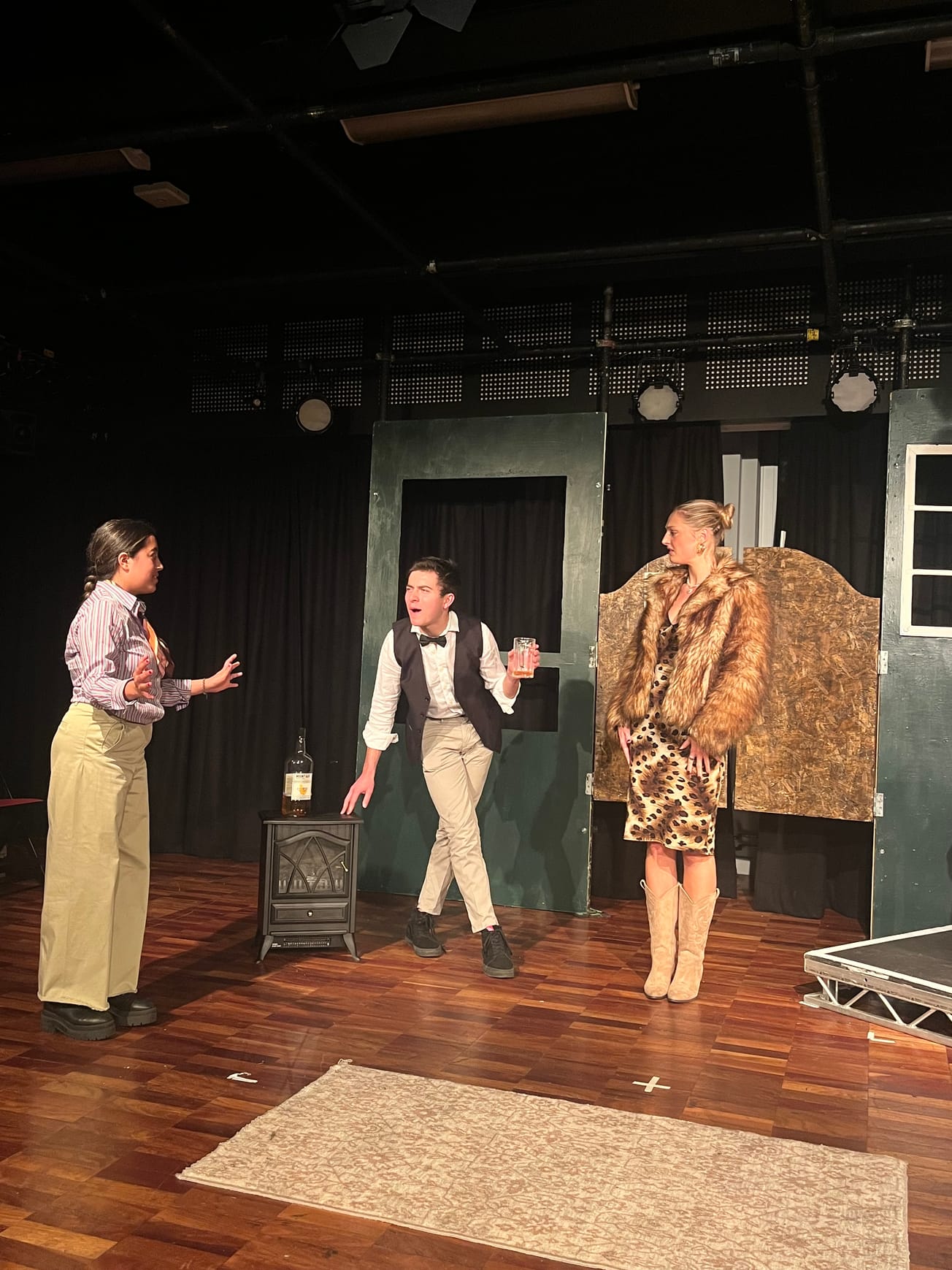By Seb Davies, Third Year, Philosophy
This Black History Month, it feels more important than ever that we look to more ways that we can celebrate and accurately represent the diversity that exists within this country. With this thought in mind, one important area to analyse is the education system, in particular the English Literature curriculum.
A 2021 study commissioned by Penguin found that less than 1% of GCSE students in England study a book by a writer of colour. We have to question why we are not being taught a better range of literature in our time at school, especially when over a third of students in UK schools identify as either Black, Asian or as a minority ethnicity. The Booker Prize winning author Bernadine Evaristo wrote in the introduction of the report, highlighting how there is “huge potential for emotional, intellectual and imaginative growth”.
It seems that the only way that we can actually solve this issue of serious underrepresentation is to essentially redevelop how English literature is studied in schools, offering instead a modern and more engaging curriculum. There are a number of great ways we could do this, for instance ensuring that people of African and Caribbean heritage contribute to the redevelopment of the curriculum and listening to how they feel the course could be improved. This is not to say that there isn’t a time and a place for students to learn about traditional members of the canon, such as Shakespeare, but this can be done amongst studying a wider variety of authors, thus allowing for students to embrace diversity in the classroom and ensuring that all students feel appreciated and included.
The curriculum certainly still feels old fashioned, which begs the question as to why there hasn’t been a move to introduce a more diverse set of texts much earlier on. Perhaps there has been an unwillingness to introduce texts that challenge modern issues, yet this would facilitate greater discussion on subjects within the classroom that are highly relevant to any young person growing up in Britain. A search on the Black History Month website brings up a number of Black British authors who all have produced books that would be worthy of studying as part of GCSEs and A levels. A brief look at both the AQA and Edexcel GCSE syllabus shows a stark lack of representation, with the 19th century literature section in both boards containing only white authors.
There is a wealth of beautiful literature out there to be studied and discussed, and I truly believe that this change to the curriculum would make it more enjoyable and more engaging for schoolchildren of all ages to study. Introducing texts that broach topics such as the lived black experience, racial prejudice or the lasting impact of colonialism would allow for important and meaningful learning within the classroom, as well as encouraging students to better appreciate African-Caribbean cultures and allowing Black children to see themselves reflected in the world of literature.
For me personally, there are a number of books that I wish I had the opportunity to study at school. The Black Ball by Ralph Ellison is a collection of four short stories that I particularly enjoyed reading, which discuss racism and segregation in the southern states of America. I remember reading Pig Heart Boy by Malorie Blackman at a young age, as well as her Noughts and Crosses series, both of which I absolutely loved. It’s important to consider that integrating books by Black authors into the curriculum does not mean introducing books focused solely on the subject of race. Although critical race studies are no doubt important, African-Carribean children should also be able to read narratives about black people who are able to live without the constant awareness of the impact of racial inequality on their lives, just as White children are able to.
Ultimately, it is about a process of modernising, ensuring students are able to engage with books by African and Caribbean authors and making sure that we can celebrate diversity appropriately.
Featured image: Unsplash / Waldemar
How do you feel the English curriculum could be improved?






